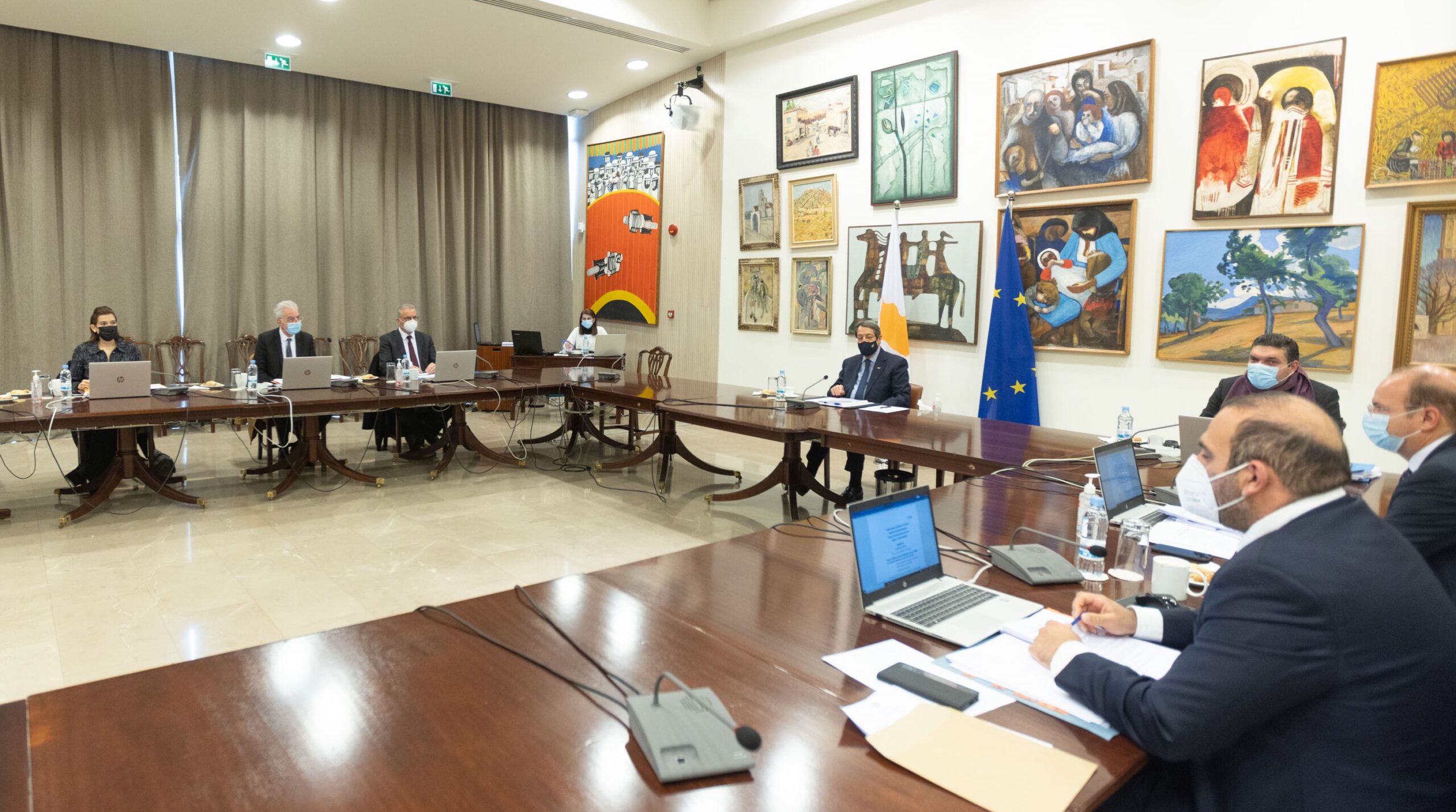Changes have been made to the government granting immigration permits to non-EU nationals, improving the self-employed procedure but raising the bar for newcomer retirees.
On 27 May, the Cabinet approved amendments to the regulations governing how immigration permits may be granted to foreign nationals.
For a while now, those of us working in immigration law have been anticipating reforms to the current regime and regulations governing the granting of residence permits.
The regulations approved by the Council of Ministers stated that an immigration permit might be granted to foreigners who fall into the following categories:
(a) Self-employed foreigners, i.e. persons intending to be self-employed in a business or profession or science in the Republic, provided that the following conditions are met cumulatively
(i) They possess the qualifications for the pursuit of that profession or science or for the operation of that particular undertaking
(ii) If a professional or other licence or permit is required to be able to work in the field, they choose they must hold that relevant license/permit.
(iii) They hold sufficient funds for this purpose, the amount of which shall be determined by a decision of the Council of Ministers
(iv) They have settled any obligations to the Social Insurance Services and the Tax Department in relation to taxes and contributions
(v) This employment will benefit the Republic; it will align with its development priorities, not adversely affect its general economy, and not create unjustified competition in the domestic labour market.
(b) Employed Foreigners: This concerns persons who are offered employment and who intend to accept it, provided that this shall not create unjustified competition in the field of employment in which they intend to work.
It is understood that foreigners and their employers would have had to have concluded an employment contract, duly certified by the competent authority, where applicable.
It is further understood that the employers need to meet the criteria and conditions for the employment of foreigners and that they must have settled any obligations to the Social Insurance Services and the Tax Department in relation to taxes and contributions.
(c) Foreign Investors: This concerns foreigners who have made a significant investment in the Republic, the amount and type of which shall be determined by a decision of the Council of Ministers, and with funds which must have emanated from legal sources outside the Republic.
(d) Foreigners with sufficient means to sustain themselves whilst living in the Republic: This refers to persons who intend to reside in the Republic without exercising any employment or other economic activity in the Republic and have fully and freely at their disposal a secured annual income of €40,000, increased by €10,000 for each additional member of the family, as well as a suitable privately-owned dwelling in the Republic for the stay of themselves and their family, of a value of at least €250,000.
Additional requirements
The Regulations also state that an immigration permit may be granted provided, in addition, that the below conditions are met cumulatively:
(a) That they have a valid passport or other travel documents
(b) They do not pose a threat to national security, public order, and public health.
It is unclear whether these new changes will replace existing regulations under the Aliens and Immigration law.
Also, there are a lot of areas that have not yet been defined, such as how much the investment needs to be.
Most importantly, these regulations will need to be approved by parliament before being enacted into law.
Esme Palas, Barrister at Law, Partner at the law firm Michael Kyprianou and Co LLC. [email protected]










